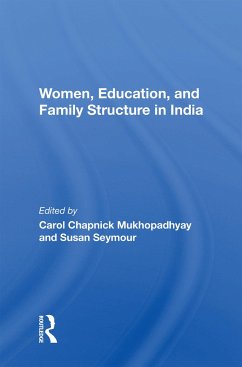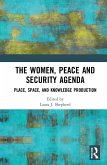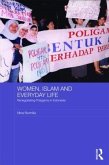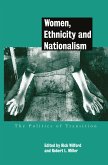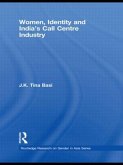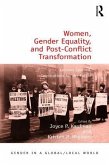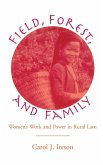Five decades of independence have produced dramatic increases in womens' educational achievements in India; but education for girls beyond a certain level is still perceived as socially risky. Based on ethnographic data and historical documents, this book explores the origins of that paradox. Contributors probe the complex relationships between traditional Indian social institutions the joint family, arranged marriage, dowry, and purdah, or sexual segregation and girls schooling. They find that a patrifocal family structure and ideology are often at the root of different family approaches to educating sons and daughters, and that concern for marriageability still plays a central role in womens' educational choices and outcomes.
Hinweis: Dieser Artikel kann nur an eine deutsche Lieferadresse ausgeliefert werden.
Hinweis: Dieser Artikel kann nur an eine deutsche Lieferadresse ausgeliefert werden.

